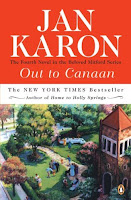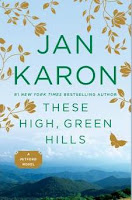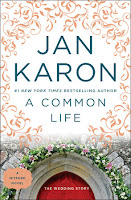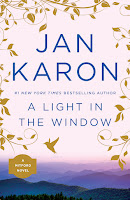I'd never heard of Beryl Kingston before I picked up this book in the second-hand section of our local English bookshop. But the cover looked like my kind of novel, and the blurb on the back sounded interesting.
It starts in a dramatic way with a train crash. Gemma, an aspiring young actress, is on her way to an audition when her life is changed forever. She's trapped under a carriage and loses part of her leg. The novel is partly about her coming to terms with her loss, and it's done in a sensitive and interesting way. The author either has personal experience of losing a limb, or did some excellent research on the topic.
It's also a low-key romance, but I was less impressed with the way this plot-line was handled. It was too clichéd for my liking. Handsome hero appears as rescuer, clashes with heroine several times, has misunderstanding after misunderstanding, and suddenly all is resolved and they fall into each other's arms.
Having said that, both of them are likeable people, even believable. But there are too many (in my opinion) internal thought-processes described, without much reason given for what they are saying and thinking. The conflicts come across as artificial, the resolution unlikely.
Then there are other threads: a doctor speaking out about privatisation and health service cuts in the 1990s. This makes some good points, but by about the middle of the book I was beginning to feel that the author's political agenda was pushed rather too much (despite my agreeing with much of what was said).
There's a 'villain' character too, in the form of Gemma's estranged father. He is caricatured and unpleasant and it was hard to believe that anybody could be taken in by him. Then Gemma's mother is a doting, perfectionist, pushy sort of person and it was a bit hard to imagine how Gemma herself could turn out so delightfully honest, open and friendly with two such bad role models as parents!
But I kept reading despite being somewhat irritated in places. It was an interesting book with a lot more action and excitement than can be found in the average book of this type, albeit rather predictable at times. I gather the author has been quite prolific, so as this particular book was published in 1997 I may see if I can find something more recent that she's written, as there was the potential for an excellent novel in this.









